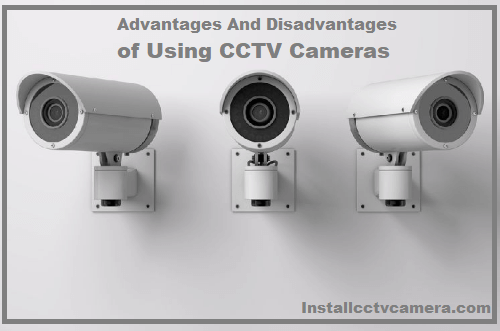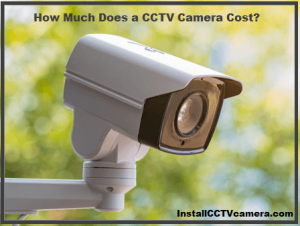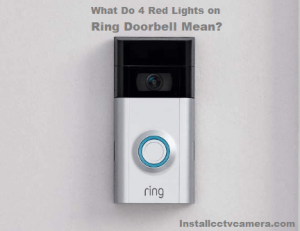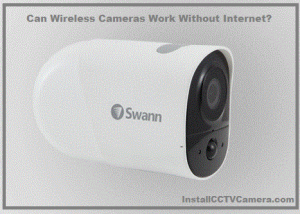We are all blessed with electronics and telecommunications, such as CCTV cameras, in our modern world.
The need and demand for installing security CCTV cameras have increased dramatically, and very good people consider security as one of the essential aspects of life.
Since technology has two sides to a coin, we will explore the pros and cons of CCTV cameras in this article.
What is a CCTV Camera?
A complete form of CCTV camera is a closed-circuit television camera. Walter Bruch invented the CCTV camera. The primary purpose of a CCTV camera is to capture light and convert it into a video signal. CCTV uses CCD sensors that help convert light signals into electrical signals.
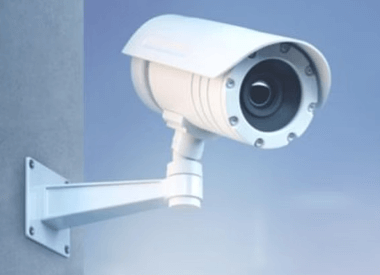
Electrical signals are converted into video signals that can later be stored on a hard disk or another storage medium. A CCTV camera helps store pictures and videos and is considered a significant advantage of a CCTV camera.
These cameras can be either digital or analog, indicating that they can work with analog and digital signals and can be easily connected to laptops, desktops, and smartphones for further use.
Some people also call these cameras video surveillance. With the help of these devices, you can monitor all activities around your office and home. These devices can also store photos and videos securely for further monitoring.
What are the Advantages of CCTV Cameras?
Here are some of the main advantages of CCTV cameras:
1. Crime Deterrence
As you can see, security cameras can prevent property damage while reducing crimes such as trespassing and theft. According to the FBI, property crime accounted for 85% of all crimes in the United States in 2019, with approximately 7 million reported and documented cases.
In a continuing trend, the number has continued to decline in previous years and fell further in 2020. Although various factors contribute to this trend, implementing security camera systems has undoubtedly impacted preventing criminal activity such as property crime.
2. Easy to install with good Coverage
10 to 30 minutes is enough for wireless CCTV installation. There is no need to dig and drill holes to install cables. Wireless CCTV does not require these steps because it can be easily connected with a power adapter and network cable.
The coverage of IP cameras in wireless CCTV varies by price and model. Some cameras can pick up signals to 10 miles or more. You can choose a camera that fits your needs and budget.
3. Evidence Gathering
Installing cameras in critical locations is convenient when monitoring what people do and say or during events. In addition to high-quality video capabilities, modern security cameras are also equipped with audio capabilities. Crisp images combined with impeccable sound are more efficient than ever for documenting a chain of events.
This is especially useful when dealing with legal scenarios where eyewitnesses may have forgotten specific vital details or can provide an accurate account of what happened. Security cameras allow legal authorities to see events unfold in action.
4. Record Keeping
CCTV cameras are an excellent option for recording what is happening inside or around your business. Surveillance, which can also be applied to the home, makes it easy to monitor how events occur, how accidents or unintended events may progress, and serve as a reference for future consideration.
Businesses can use cameras to monitor incoming traffic, especially with the help of access control and security turnstiles, and homeowners can keep records of who visits their properties.
5. No wires and Flexibility
The wireless camera only needs a power adapter. There are so many wires and cables all over the house these days. There are wires for TVs, computers, and all other electrical devices. Wires throughout the room can get tangled together.
Wireless cameras can be installed even in high places because there is no need for electrical outlets such as switchboards.
What are the disadvantages of CCTV Cameras?
As mentioned above, we have discussed the advantages. Now it’s time to cover the disadvantages of security cameras:
1. Can be expensive
Traditional security camera systems provide excellent support for the security of any home or business, but they are expensive. While not necessarily true for smaller systems and wireless cameras, initial installations usually require a higher price tag.
However, these implementations produce exceptional results because wired systems typically last owners for years beyond wireless options. Also, the wires connecting the camera to the recorder will last for decades and will last for years after the camera has been replaced many times.
2. Signal disruption
Signal disruption is one of the main downsides, especially on wireless IP cameras. Wireless IP cameras operate on one specific frequency. Your signal will most likely be interrupted if you have other networks, such as the internet or a microwave oven.
3. Can be vulnerable
Your regular security camera is an electronic device. As we all know, security cameras may not work effectively if too many shocks or water are in the wrong area.
Outdoor security cameras have a practical exterior that protects them from common weather patterns. However, the camera may become unusable if the wind carries debris impacting the camera, lightning strikes around it, or a malicious person tampers with it. It may become impossible.
Some products can be more effective than others, but certain conditions or events can permanently disable electronics in general.
Conclusion
We hope these Advantages and Disadvantages of CCTV Cameras have answered all your questions about using CCTV cameras. If you have any questions about the pros and cons, please ask in the comment section.

